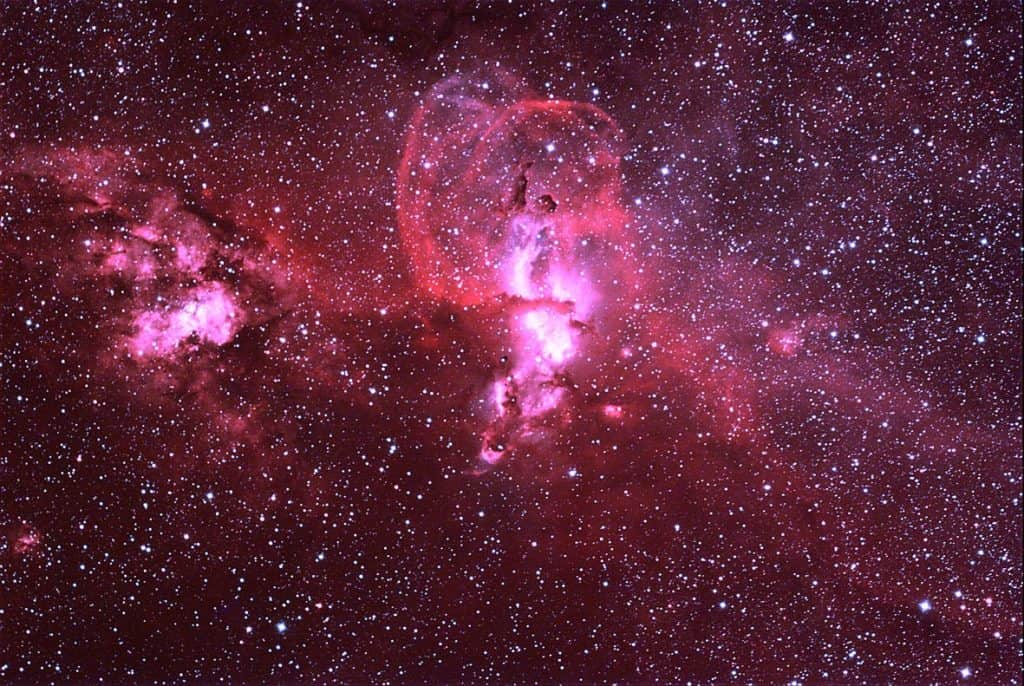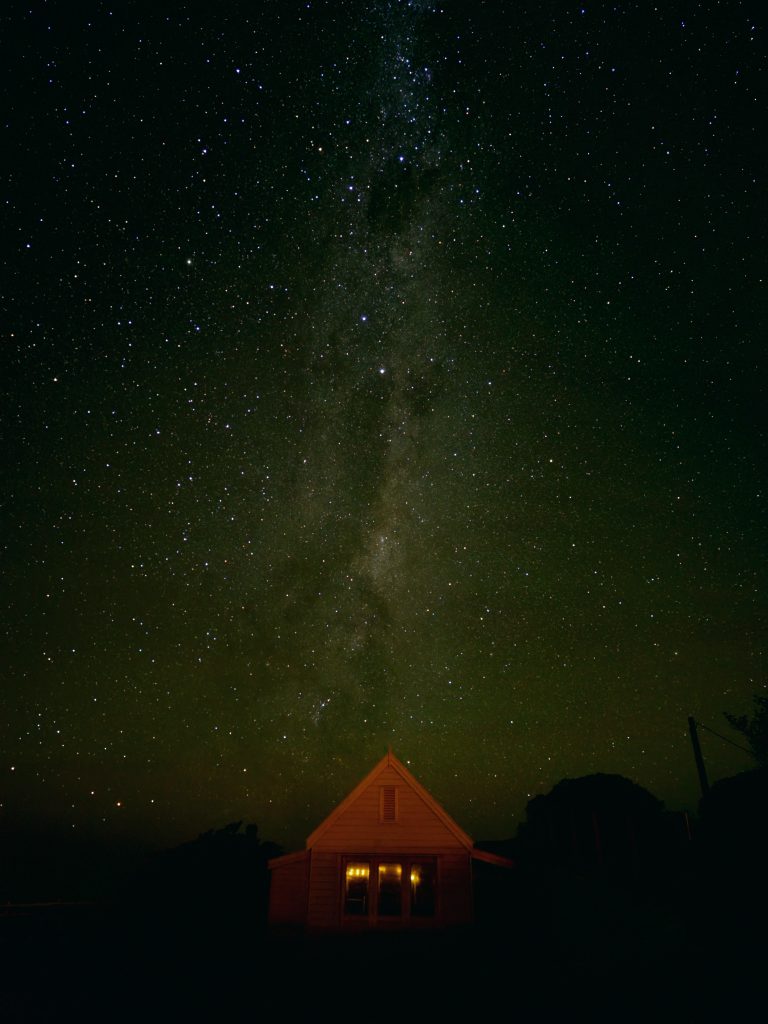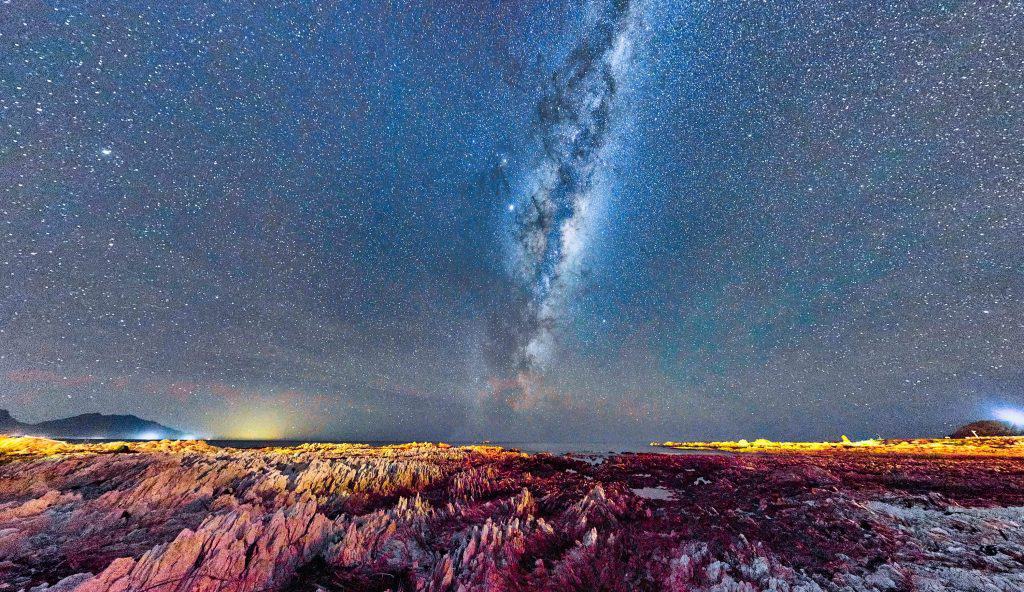DarkSky International officially designated Kaikōura Dark Sky Trust as an International Dark Sky Sanctuary.

The twenty-second location globally to earn this recognition, the third New Zealand sanctuary alongside Aotea Great Barrier Island and Stewart Island/Rakiura, and supporting New Zealand’s intention to become a dark sky nation.
It’s an important achievement for the Kaikōura Dark Sky movement that began in 2000 to help protect the endangered Hutton’s shearwater. The recognition also underscores the continued commitment to preserving the natural darkness of the Kaikōura night sky.
Offering some of Aotearoa New Zealand’s most breathtaking natural landscapes, Kaikōura’s majestic mountains lie within two ranges rising straight from the Pacific Ocean. The Kaikōura Sanctuary covers 98% of the local district (approximately 2,039 km²) with over half of the area under protection from the Department of Conservation. Filled with stars, celestial wonders, and a stunningly clear Milky Way it celebrates pristine dark skies that have a sky quality measuring on average 21.58 magnitude per square arcsecond (mag/arcsec²).

Sanctuary status is only awarded to locations that possess an exceptional or distinguished quality of starry nights and a nocturnal environment that is protected for its scientific, natural, educational, cultural heritage, and public enjoyment. Kaikōura is home to the nationally endangered Hutton’s shearwater, the only seabird to breed in a subalpine environment, and the last two remaining wild breeding colonies in the entire world remain in the Seaward Kaikōura Ranges. Kaikōura is their last breeding place on Earth.
Nalayini Brito-Davies, vice president of DarkSky International highlighted “this fact, combined with the knowledge that Hutton’s are adversely affected by artificial lighting at night was the inspiration for the formation of the Kaikōura Sanctuary.” The designation is a testament to the dedicated efforts of many who have worked tirelessly over the last 4 years to get to this point.
Nicky McArthur, chair of the Kaikōura Dark Sky Trust, and whose enthusiasm first drew interested people together, feels “the journey has been a collaborative effort involving our local community, dedicated volunteers, environmental organisations and government agencies all of whom played a crucial role. There are multiple benefits of preserving the natural darkness of our night sky, not only significant ecological benefits but also contributing to the conservation of energy through the use of efficient lighting solutions and providing many human health benefits.
”The Kaikōura District Council has been a core partner in support from the outset. Chief Executive Officer, Will Doughty says; “ It is fantastic to see the hard work and dedication of so many culminate in achieving accreditation. Through educational programs, outreach initiatives, and a private plan change to the local district outdoor lighting provisions strong commitment has been shown.”

“This certification highlights the exceptional quality of the night skies and the region’s invaluable natural resources, underscoring the need for protection and celebration. The Kaikōura Dark Sky Trust & Working Group is committed to expanding these protections by partnering with neighbouring communities, including the township of Kaikōura.
Through collaboration, they aim to mitigate threats to the sanctuary and broaden conservation efforts across the wider landscape. Such initiatives are crucial to safeguarding our dark skies for future generations. We are excited to continue this journey alongside Kaikōura’s dedicated advocates,” said Amber Harrison, International Dark Sky Places Program Manager.
Achieving sanctuary status is just the first milestone for the Kaikōura Dark Sky Trust as there is a desire for the township of Kaikōura and the surrounding area to become an International Dark Sky Community. There are big dreams for Kaikōura and the precious natural environment to be protected, studied, and experienced in a way that is a shining example for Aotearoa New Zealand, and the rest of the world.
Read more: Latest



